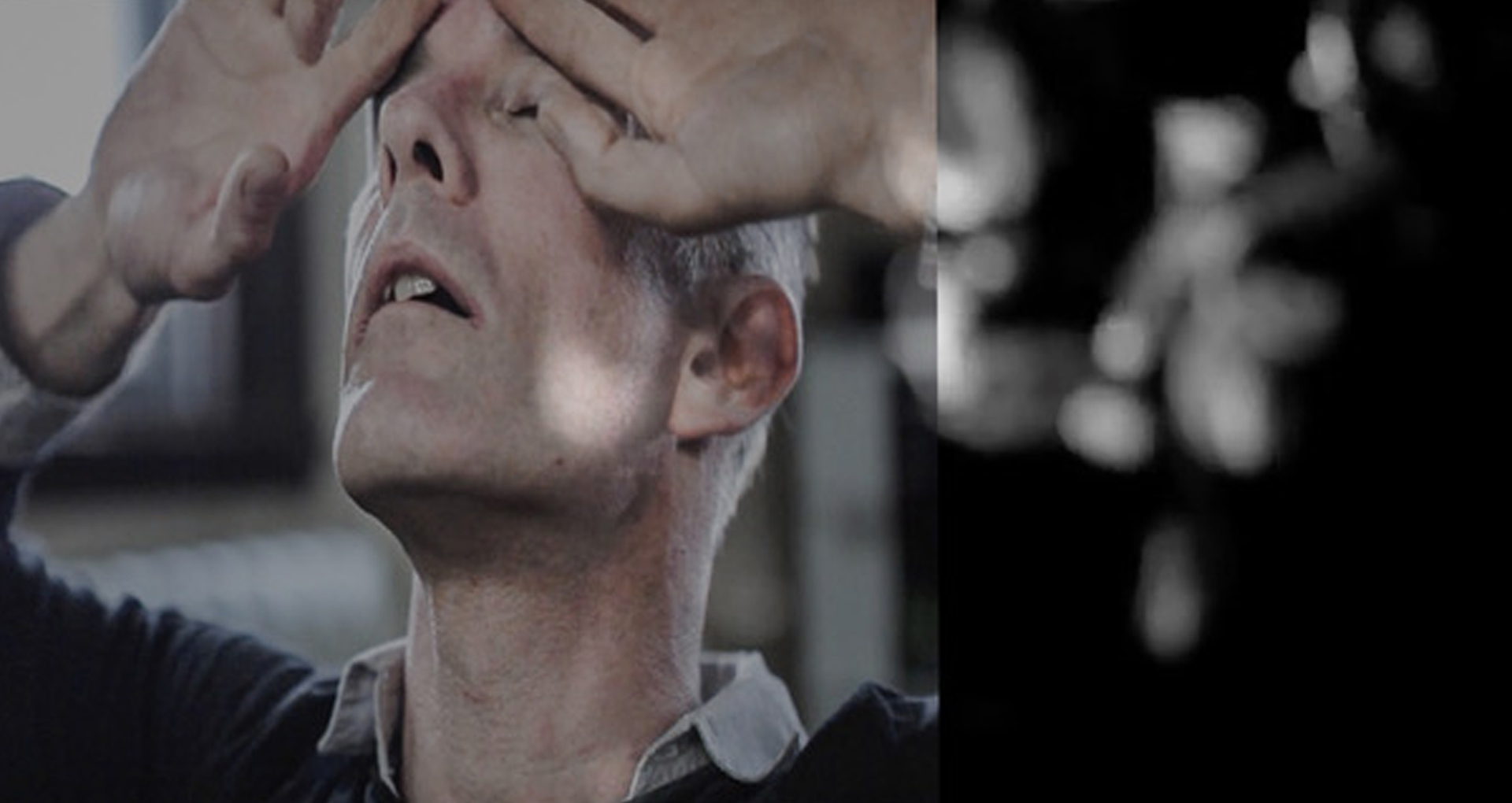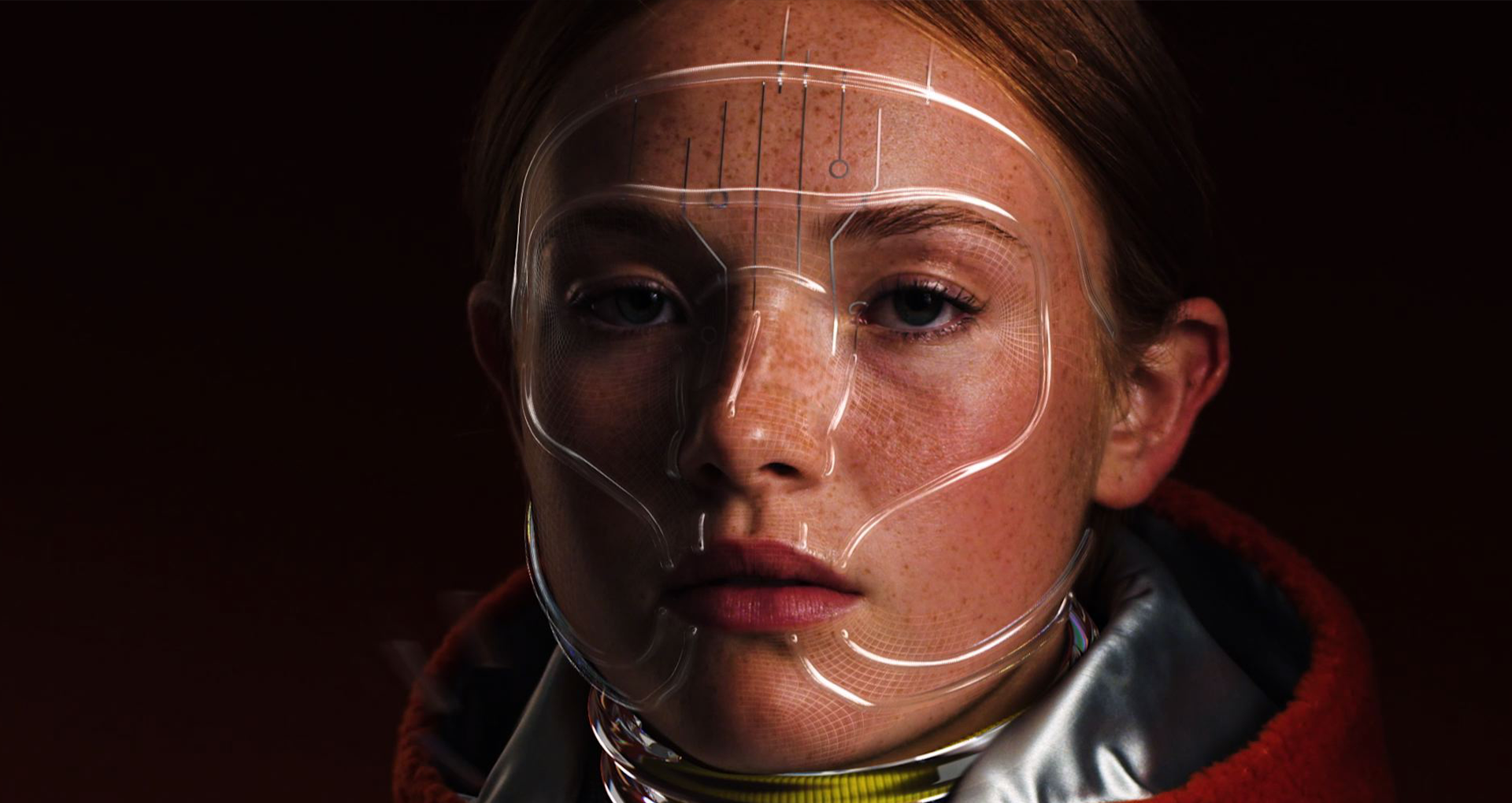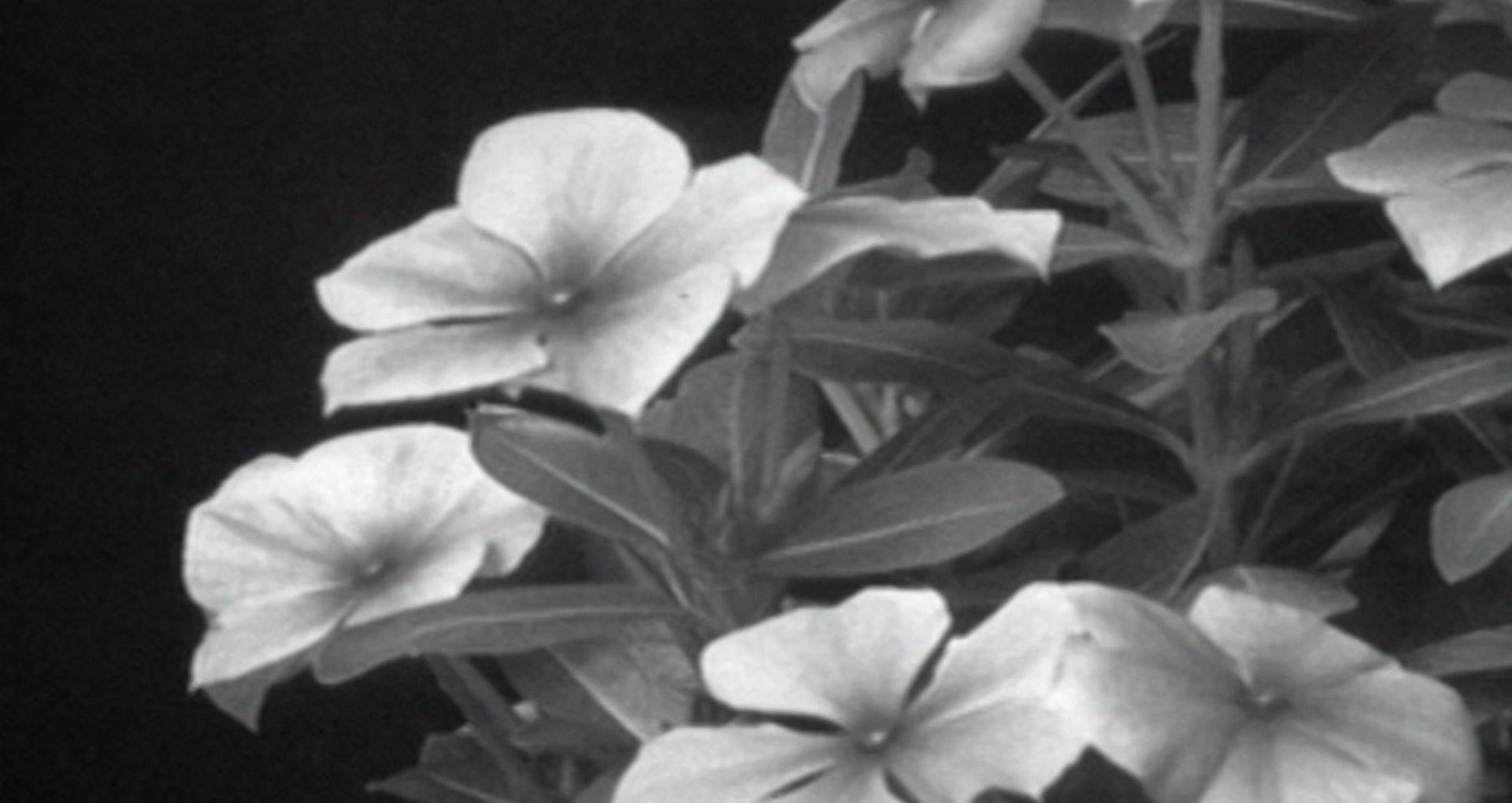
© Suzan Vachon, Unknown Skies, Composition using a screenshot from L'État du monde, Groupe Épopée, 2019
Suzan Vachon
Questions addressed to the Sphinx, nebulae in conversations
Curatorial research residency
This residency centres around a perception of the visible as a mystery, a temporal vertigo, an impulse of desire that becomes the driving force for creation. From this astonishing movement, enigma-works, like nebulae, will be borne, which I intend to explore. Videographic sphinxes in which the depth of the elective and irrational connections that are activated opens up a multilingual conversation between different disciplines, ‘magnificent clusters of stars’ forming surprising shapes that illuminate each other but also testify to the tremors of our time.
I see Vidéographe’s collection as an alley of Sphinxes harbouring enigmas, secrets and forgotten things. Ask questions, meander, trace a ‘celestial pathway’: pursue research that I have been engaged in for more than 25 years into the creation of moving image and the interdisciplinary interests that sustain it and that it reflects.
The residency will take the form of a ‘living archive’ and documented meanderings. It will be fuelled by an oblique cross-disciplinary outlook attracting other works, other disciplines – active engagement based on fictional or poetic concepts and statements as open questions, proposing interdisciplinary encounters: ‘nebulae in conversation’.
Pushing the boundaries, the project will reflect a ‘state of the world shattering on all horizons, lived through a trembling philosophy that unites diversity entirely in a whirlwind of encounters’.
(E. Glissant)
-Suzan Vachon
Suzan Vachon, further reading
Suzan Vachon’s artistic research, infused with an intensely poetic dimension, questions the relative relationships between the visual and the verbal and between imagery and literature, without forgetting the silence in perceiving the sensorial and the meditative gaze.
The blending or metonymic meeting of images and verbalized text creates a fragmented understanding, segmented in a space outside of all expected perspectives.
Yvan Moreau, ► https://www.erudit.org/en/journals/etc/2001-n53-etc1118705/35653ac/
Suzan Vachon is an interdisciplinary artist, teacher, lecturer and curator whose polyphonic research centres around the voice of the Other and the metamorphosis of form and meaning in a written work on the still and moving image. Rooted in documentary research, her practice centers around the haptic dimensions of image, sound and text and is part of a continuum of work that draws on the archive, literature, cinema and the imaginaire in language.
She has been commissioned numerous times to make interdisciplinary works, including 13 public art commissions, such as a light and video installation that is on permanent display at the Théâtre Prospero in Montréal. In parallel to these projects, she also studies the body and intimacy, foregrounding the fragile and ephemeral.
She was selected for Public Domain, a project commissioned by Saw Video in collaboration with Library and Archives Canada and supported by the Canada Council for the Arts, which toured North America and Europe in 2011-2012. In 2013, she was selected by the Conseil québécois des arts médiatiques (CQAM) to join the Quebec delegation at 50 ans d’art vidéo, which took place at Festival Les Instants Vidéo, Marseille. Following this, she undertook a residency at Centre Sagamie, where she researched printed images from the film archives of the Red Cross and the British Pathé News.
Having been awarded the research grant Perfectionnement longue durée 2017-2018 from UQAM, she is carrying out research on the potential for fabulation based on the converging of image, words and sound. She has been selected to carry out an interdisciplinary curatorial residency at Vidéographe in 2019-2020.
Her video and interdisciplinary works have been shown in Canada, the United States, South America, Palestine and several European countries.





